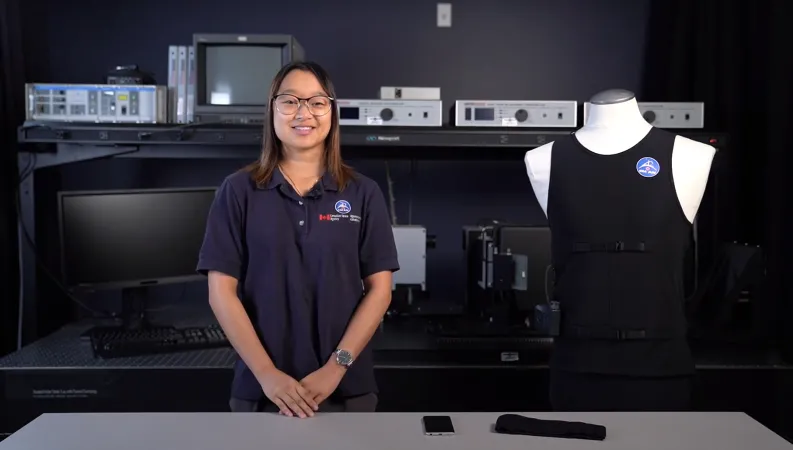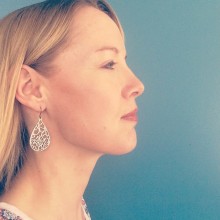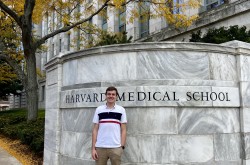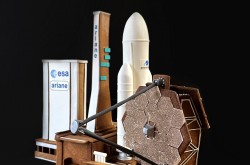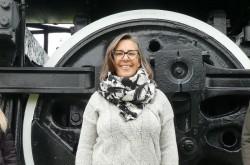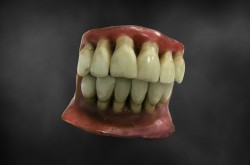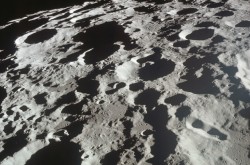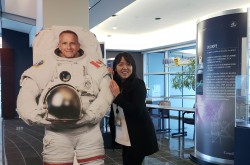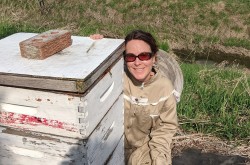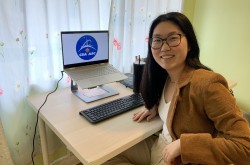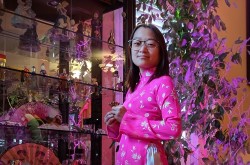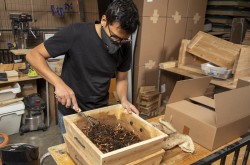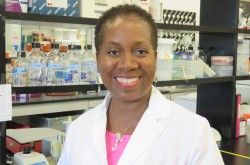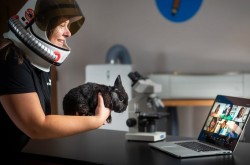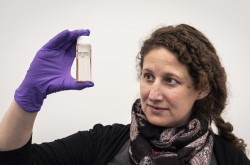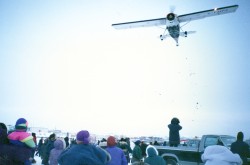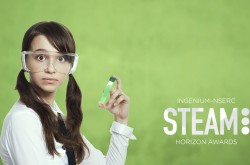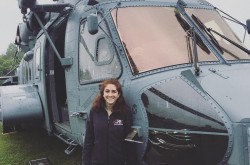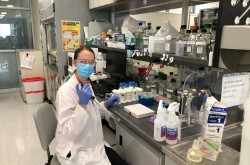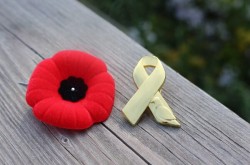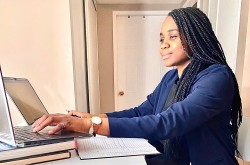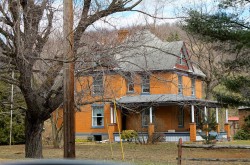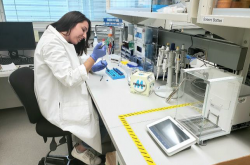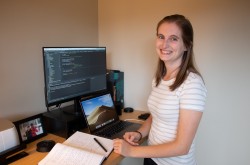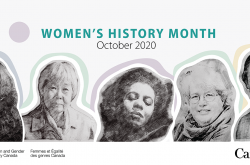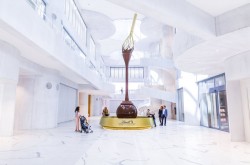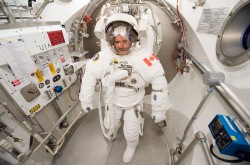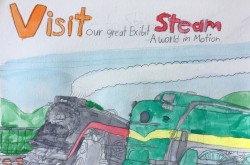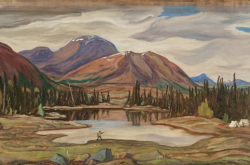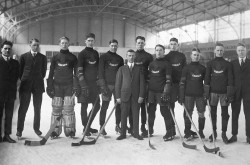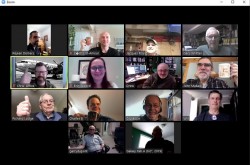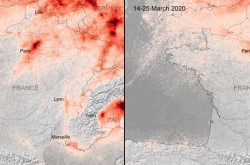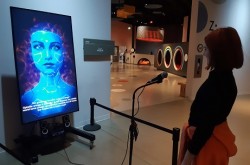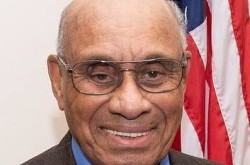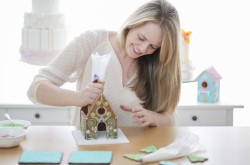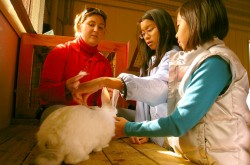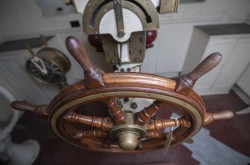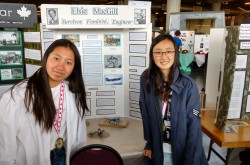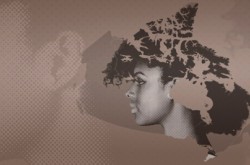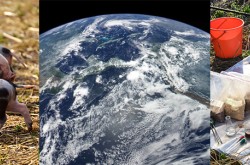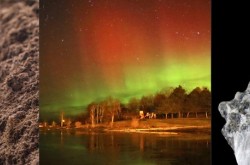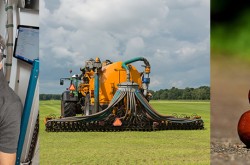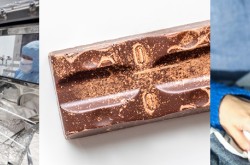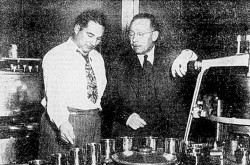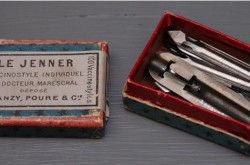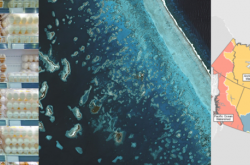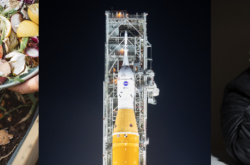Women in STEM: A conversation with Linda Dao

Canadian astronaut and neurologist Roberta Bondar once said, “Exploration is not something you retire from. It is a part of one’s life ethic.” That sentiment of continuity — of striving to break new ground — is critical to uphold, even as we celebrate the past achievements of women who have gone before us during Women’s History Month.
Through its Women in STEM initiative, Ingenium is telling the stories of those who dared to think differently — in an effort to foster conversations around gender equity and promote careers for women in Science, Technology, Engineering, and Math (STEM). Similarly, the Dr. Roberta Bondar Career Development Program offers an opportunity for women working in STEM to network with industry leaders and peers, and get a behind-the-scenes look at the science and tech industries in Canada.
This month, the Ingenium Channel is highlighting a series of talented, Canadian women who are participating in the Dr. Roberta Bondar Career Development Program. In today’s profile we introduce you to Linda Dao, who is working with the Canadian Space Agency. Her focus is finding solutions to healthcare challenges common to both deep space astronauts and Canadians living in remote and medically isolated communities.

Ingenium Channel (IC): Tell me about your academic background, and how it has led to working with the Canadian Space Agency. What is one of your current projects?
Linda Dao (LD): With a Bachelor of Science in Biochemistry from McMaster University (Hamilton, Ontario) and a Master of Science in Space Studies from the International Space University (Strasbourg, France), I am currently working as a project officer in operational space medicine at the Canadian Space Agency. In this position, my goal is to prepare Canada for a healthcare-related role in deep space exploration, such as missions beyond the International Space Station towards destinations like the Moon and Mars.
I am currently developing initiatives that will leverage collaborations with remote healthcare stakeholders to co-develop solutions — such as health technologies — to healthcare challenges that are common to both deep space astronauts and Canadians living in remote and medically isolated communities.
~ Linda Dao
IC: Is there a person who inspired or encouraged you to choose your educational path and career?
LD: The path I took for a career in space would not have been possible without the support of family, friends, colleagues, and role models. I cannot attribute my inspirations to one person. Rather, it was the collective inputs over time from my siblings, friends, mentors, colleagues, and astronauts — who demonstrated how they instilled their interests and passion into their professional careers — a key factor I consider in anything I do. Taking their successes as inspiration fuels my perseverance and determination to contribute to the growth of space activities in Canada.
IC: Is there anyone in Ingenium’s Women in STEM poster series that you find inspirational?
LD: Dr. Jane Goodall has been an inspiring role model of mine ever since I had the opportunity to hear her speak while I was in high school. Dr. Goodall’s impact in furthering science and environmental conservation stems from the compassion she embodies in all aspects of her work. She demonstrated the unique ability to communicate with chimpanzees, which allowed her to connect on a level no one else could attain — making discoveries even without formal scientific training. By metaphorically walking through unpaved pathways, challenging the status quo on animal behaviors, and building opportunities for women in science, Dr. Goodall inspires me to use my unique personality traits as a skill. Like her, I want to challenge the status quo for continued improvements to society, and to be mindful of the impact I make.
IC: Describe one of the challenges or biases you had to overcome on your professional journey.
LD: As someone with a master’s degree working with nationally renowned experts in the field, distinguished colleagues, and astronauts, one of my challenges is the intimidation factor leading to imposter syndrome. The distressful feeling of doubting my abilities often made me shy to share my thoughts and ideas while meeting with a group of colleagues. Realizing that my ideas brought new perspectives to the table — challenging traditional work processes and offering innovative alternatives — I am becoming more open minded to carrying out dialogues with people who have differing opinions. I work to minimize the feeling of intimidation by respectfully treating my colleagues as supporters, rather than by their degrees. I also take the opportunity to continue learning from them.
IC: Where do you hope to go from here?
LD: Onwards and upwards! Since I’m passionate about how space can be leveraged to improve our knowledge, health, and lives, I hope to continue my career along the trajectory of space exploration. Working at the Canadian Space Agency means I am at the forefront of creating space opportunities in Canada. I continue to learn, and to make space a common dinner table topic of conversation. I hope to create an impact where I contribute to the advancement of the space health discipline, towards new horizons of further and longer human space exploration.
IC: Do you have a favourite quote that you like to reflect upon during challenging times?
LD: “Clear skies!”
Often used by amateur astronomers to anyone observing the night sky, I turn to this expression during challenging times due to the nuance it bestows. Since clear skies are opportune for stargazing, I use the expression to convey the wish for a pleasant near future without obstacles. Just as cloud cover is not in one’s control, is temporary, and can be perceived as beauty in nature, I am reminded in challenging times to focus on aspects I can control, that there is a better future to look forward to, and that with the challenges come important learning opportunities and experiences.
Go further
For information about deep-space healthcare and activities, visit the Canadian Space Agency.
For public outreach requests, please contact the Canadian Space Agency Speaker’s Bureau at: asc.conferencier-speaker.csa@canada.ca.


